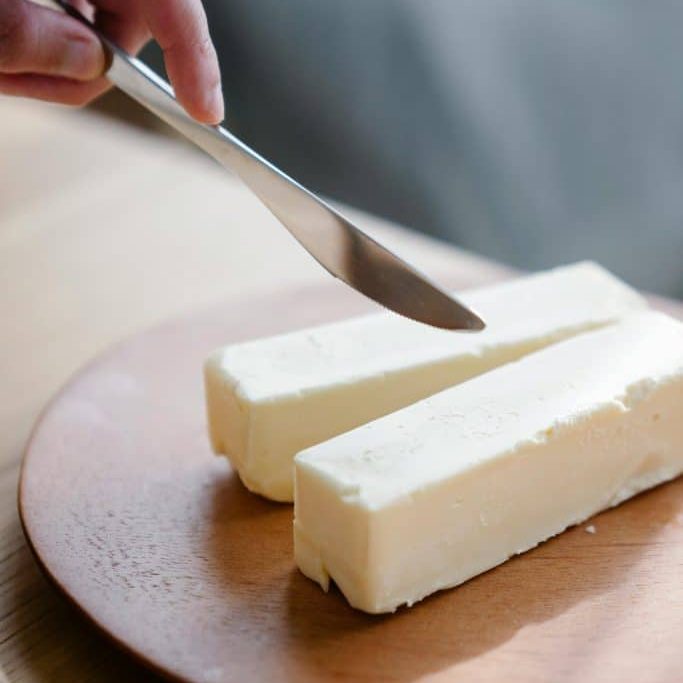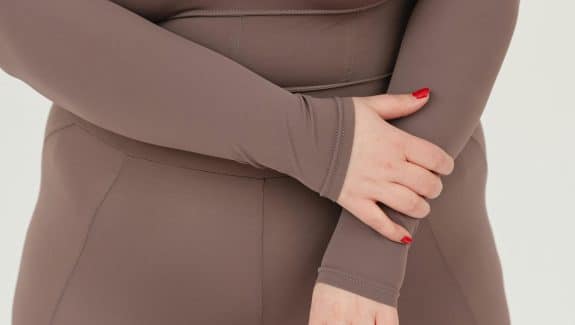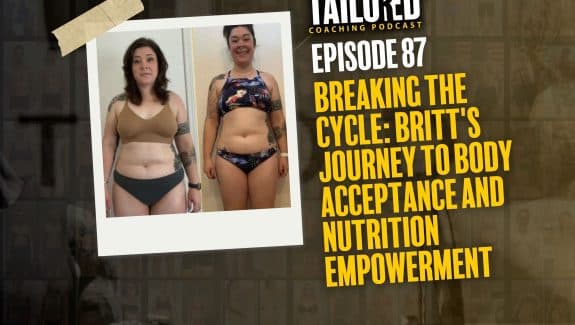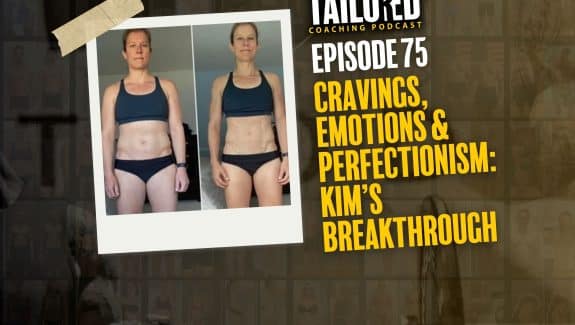Grass-fed butter is a rich source of saturated fat, fat-soluble vitamins, and conjugated linoleic acid (CLA). While often debated, high-quality butter can be part of a performance-focused or whole-food nutrition plan.
Quick Overview
- Serving size: 100 grams (~7 tablespoons)
- Calories: 717 kcal
- Fat: 81.4g
- Saturated Fat: 51.4g
- Monounsaturated Fat: 23.4g
- Protein: 0.9g
- Carbohydrates: 0.1g
Key Micronutrients:
- Vitamin A: 2499 IU (50% DV)
- Vitamin E: 3.0 mg (20% DV)
- Vitamin K2: Naturally higher in grass-fed varieties
- CLA: A fatty acid with potential fat-burning and anti-cancer properties
Why Grass-Fed Butter Is So Good for You
Compared to conventional butter, grass-fed butter has a better fatty acid profile, more vitamins, and can be a flavorful way to add functional fats to your meals.
Health Benefits
- Rich in Fat-Soluble Vitamins
Grass-fed butter contains more vitamin K2, which supports bone and heart health. - Supports Hormonal Health
Dietary fat is essential for testosterone and estrogen balance, especially in active individuals. - CLA Content
Conjugated linoleic acid (found in small amounts in grass-fed butter) may help with fat metabolism and inflammation control. - High-Calorie Fuel
Butter can be a helpful way to increase calories for lean bulking or reverse dieting without large food volume.
How to Use Grass-Fed Butter
- Cook eggs, vegetables, or meats
- Melt into rice, potatoes, or toast for added flavor
- Add to bulletproof-style coffee for sustained morning energy
- Use in baking or sauces
Tailored Coaching Tip: Grass-fed butter is best used in moderation. It can complement a well-rounded diet but shouldn’t be your only fat source.
Pro Tips
- Store in the fridge — or freeze for long-term storage
- Combine with carb sources to enhance flavor and absorption
- Clarify it into ghee to remove milk solids and improve digestion (especially for dairy-sensitive individuals)
FAQs About Grass-Fed Butter
Is grass-fed butter healthier than regular butter?
Yes — it contains more vitamin K2, omega-3s, and CLA.
Can butter be part of a fat loss diet?
Yes, in moderation and when balanced with lean proteins and fiber-rich foods.
Is butter inflammatory?
Not inherently — especially when coming from grass-fed sources in the context of a whole-food diet.
Final Thoughts
Grass-fed butter is a flavorful, nutrient-rich fat source when used wisely. It supports hormone health, adds taste to clean meals, and can help with satiety and absorption.
Want help balancing fats for your goals? Start coaching with Tailored Coaching Method



























































































































































































































































































































































































































































































